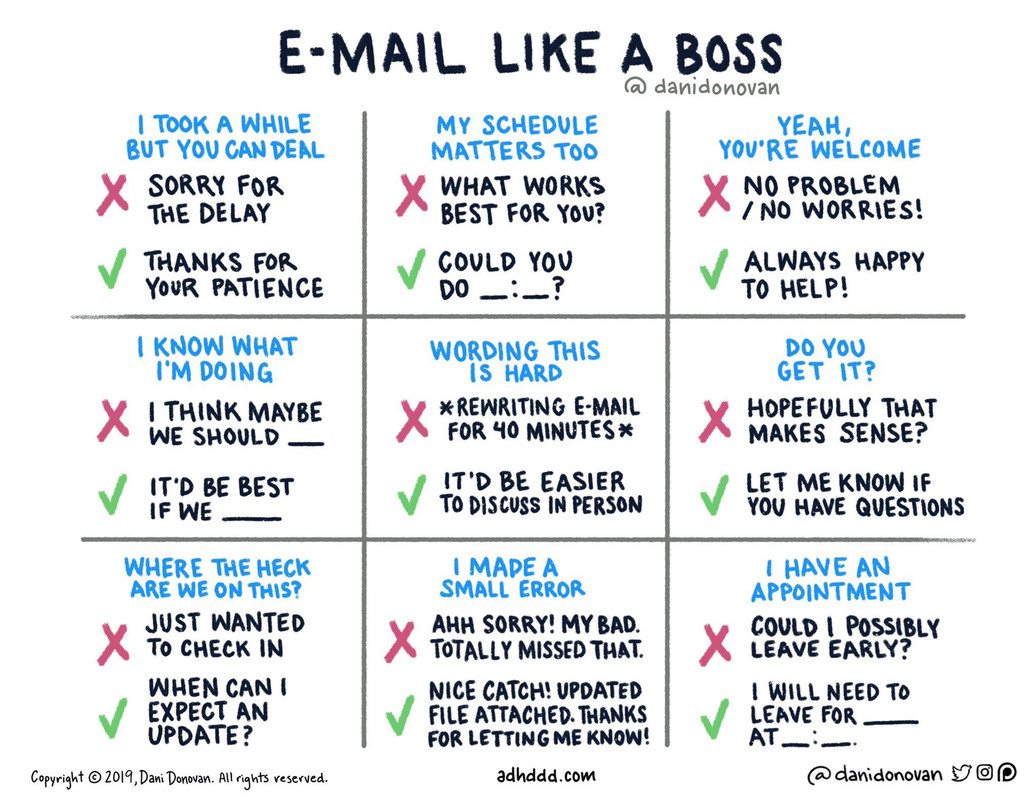this post was submitted on 07 Jul 2023
209 points (90.3% liked)
ADHD
9696 readers
31 users here now
A casual community for people with ADHD
Values:
Acceptance, Openness, Understanding, Equality, Reciprocity.
Rules:
- No abusive, derogatory, or offensive post/comments.
- No porn, gore, spam, or advertisements allowed.
- Do not request for donations.
- Do not link to other social media or paywalled content.
- Do not gatekeep or diagnose.
- Mark NSFW content accordingly.
- No racism, homophobia, sexism, ableism, or ageism.
- Respectful venting, including dealing with oppressive neurotypical culture, is okay.
- Discussing other neurological problems like autism, anxiety, ptsd, and brain injury are allowed.
- Discussions regarding medication are allowed as long as you are describing your own situation and not telling others what to do (only qualified medical practitioners can prescribe medication).
Encouraged:
- Funny memes.
- Welcoming and accepting attitudes.
- Questions on confusing situations.
- Seeking and sharing support.
- Engagement in our values.
Relevant Lemmy communities:
lemmy.world/c/adhd will happily promote other ND communities as long as said communities demonstrate that they share our values.
founded 1 year ago
MODERATORS
you are viewing a single comment's thread
view the rest of the comments
view the rest of the comments

Yup, I tend to over-apologize, so this is perfect. It's funny, I also posted this on YSK, and I don't think the neurotypical people like the whole concept... 😅
It's very common. I've lived in the UK where everyone does this a lot, but I've also lived in places like the Netherlands where people are far less likely to do this and are more honest.
I think on balance, it's often better to be more direct. Instead of saying "Sorry, but would it be ok if I asked you to make a little less noise?" you simply say "I don't like that you're making that much noise."
Of course, the person you're talking to is free to do whatever they want with that information. But that doesn't mean you don't have the right to feel the way you do about it, and voice that.
I mean, imagine saying "Sorry, but would it be ok if I don't like jazz music?" No one does that. You say "I don't like jazz very much." and the person you're talking to is free to agree or disagree. It's ok. You don't need permission to like/want/need things.
There's a related therapeutic technique called non-violent communication. that's also found wider use because it can help solve communication issues in non-therapeutic settings.
They may not, but that doesn't mean you're wrong. It's just as likely they've simply spent less time thinking about it, are unaware of their limitations, and are adverse to change.
I was a teacher for a while, and there's this concept called "universal design for learning". Teachers often deal with groups of learners who have individual learning differences. A class may have a kid with ADHD, a kid with autism, a kid with dyslexia, etc. Anyway, the gist of it is that a lot of the research suggest that stuff that makes it easier for the kid with a particular learning difference also makes things easier for the kids without learning difficulties. Like subtitles for the deaf can also be used by the hearing to better understand what's being said.
So stuff that makes it easier for someone with ADHD is quite likely to also help someone without ADHD.
Love this, thank you for taking the time to write this comment!
Glad you found it helpful.